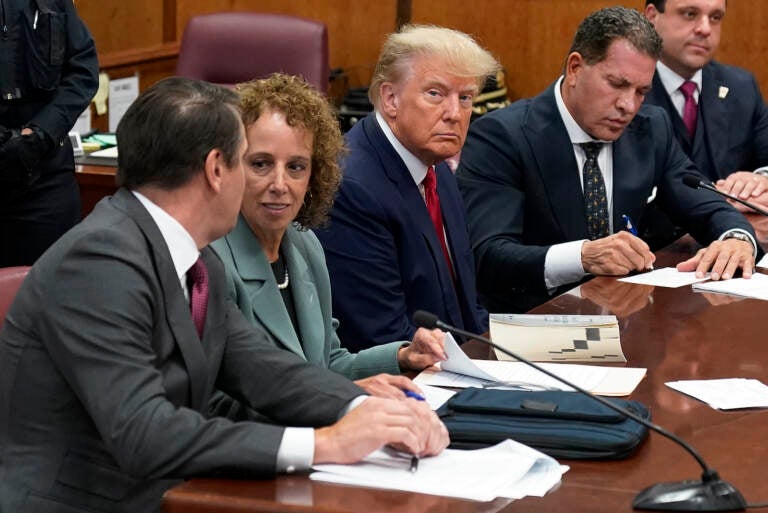A United States Court of Appeals in the Washington D.C. Circuit heard a case in which former President Donald Trump claimed presidential immunity from prosecution for the role he played in a riot on the Capitol on Jan. 6, 2021. The riot was likely a result of his effort to overturn the 2020 election outcome in his favor. The judging panel consisted of three judges, two of whom were appointed by President Joe Biden, and they appeared to remain skeptical of the claims brought forth by Trump’s legal team. The panel also appeared unsure whether the case should be heard at all due to the circumstances under which it was brought forth.
The hearing took place on Jan. 9, 2024, on an early Tuesday morning where the former president remained stoic while his team presented their arguments. Trump’s lawyer, D. John Sauer, argued that the judging panel lacked the authority to prosecute Trump for any of his presidential acts, citing that his involvement in attempting to overturn the election results fell under the umbrella of presidential duties. His legal team also interpreted the Constitution’s impeachment clause, insisting that Trump could only be criminally charged after being impeached and convicted by Congress.
“The president has a unique constitutional role, but he is not above the law. Separation of powers principles, constitutional text, history, precedent and immunity doctrines all point to the conclusion that a former president enjoys no immunity from prosecution,” said James Pearce, the prosecution’s lawyer.
Sauer also argued that not allowing Trump’s claim of immunity to stand could unleash mass uncertainty into the minds of future and past presidents, noting that presidents would be unable to execute the roles of the office if they faced potential prosecution upon vacating the role. The judging panel was apprehensive of the claim, using former President Richard Nixon’s need to be formally pardoned for his involvement in Watergate, showing that he did not have automatic immunity as an example.
“To authorize the prosecution of a president for official acts would open a Pandora’s box from which this nation may never recover,” Sauer said.
The former president also took a moment to address the press, insisting on his innocence stating, “a president has to have immunity.”
Should the court deliver a swift decision on the question of Trump’s immunity, the rest of the case would have the ability to move forward; however, questions of jurisdiction and authority could slow the process entirely. It is possible that a ruling could appear in the next few days, but its decision will likely be appealed to the U.S. Supreme Court.
On the cusp of another election season and now with a win in the Iowa caucus, Trump chose to attend the hearings in person, something he was not required to do as the defendant and has not done since August of 2023. The swiftness of the results and the rulings themselves are likely to influence Trump’s upcoming
campaign for reelection.
Trump’s involvement in the attack on the Capitol on Jan. 6 marks one of four criminal cases involving the former president. His other trials regard his efforts to overturn his election loss in the state of Georgia, his removal of classified documents from the White House after his presidential term had ended and his involvement in using hush money to cover up a sex scandal during his 2016 election campaign.
In his indictment regarding the events of Jan. 6, Trump faces four charges, conspiracy to defraud the United States, two charges for obstructing the voting process (one for obstruction and one for conspiracy) and conspiracy to violate civil rights. These charges have been brought forth by Special Counsel Jack Smith, who was appointed by Attorney General Merrick Garland to investigate Trump’s involvement in the effort to overturn the 2020 election as well as his removal of classified documents. Smith was present at the hearing discussing the immunity claims.
With the presidential election merely 10 months away, it has become evident that Trump is likely to appear as the Republican nominee for president; however, his role in these four criminal investigations throws an element of uncertainty into the process.
Trump has already been barred from appearing on the ballot in two states by their respective Supreme Courts: Colorado and Maine. These states claim that Trump has acted in violation of the Fourth Amendment of the Constitution, having incited an insurrection on Jan. 6. Other states are still pending decisions regarding Trump’s appearance on their ballots. Only time will tell if these actions are upheld by the presidential election in November.
